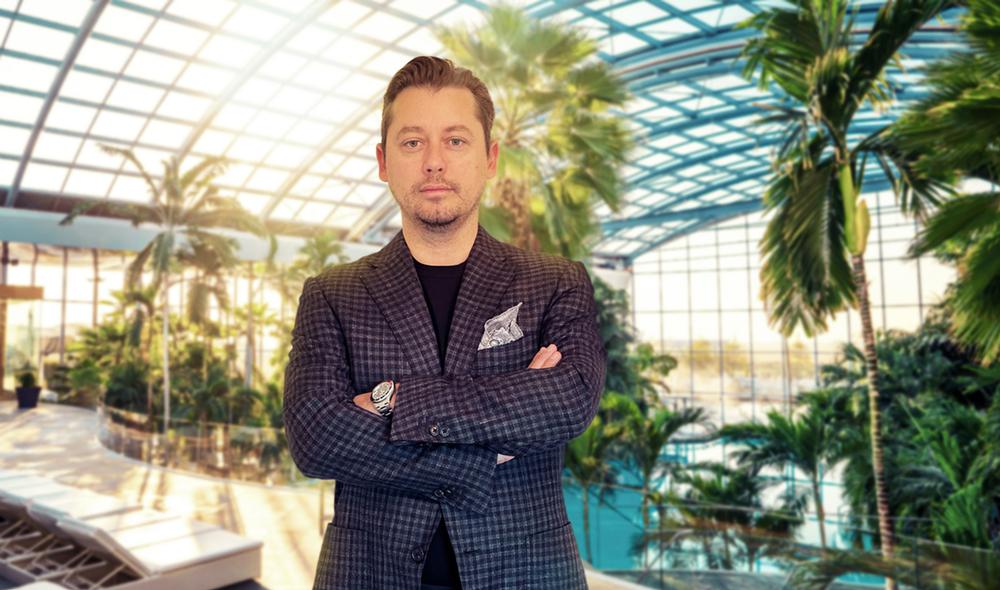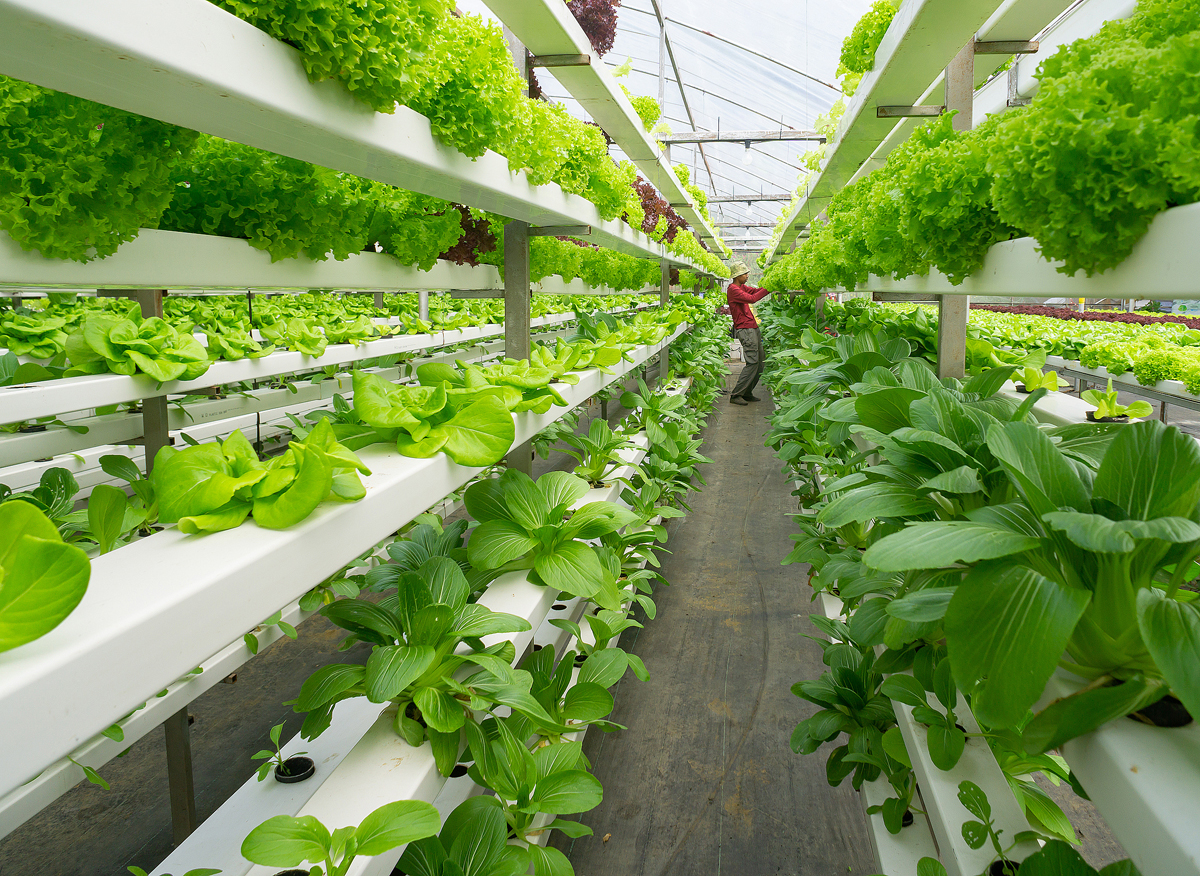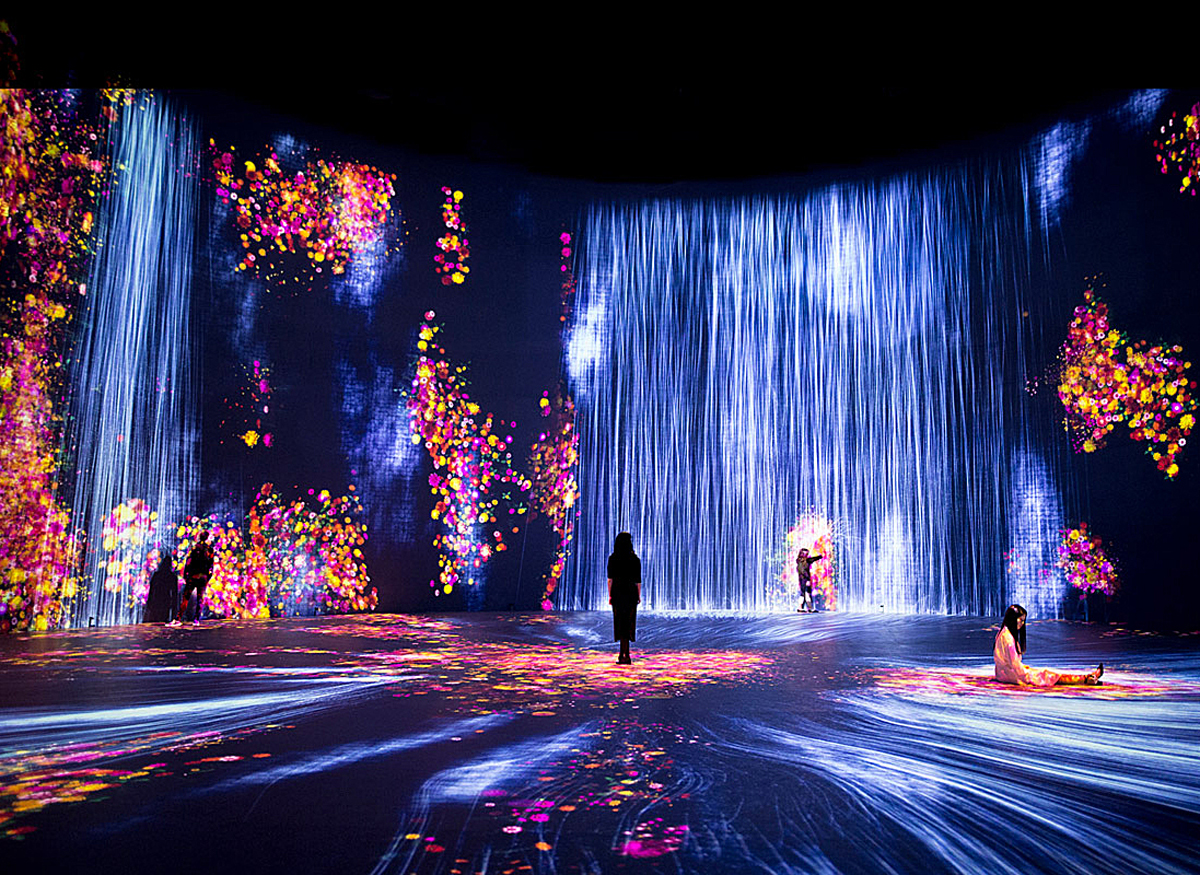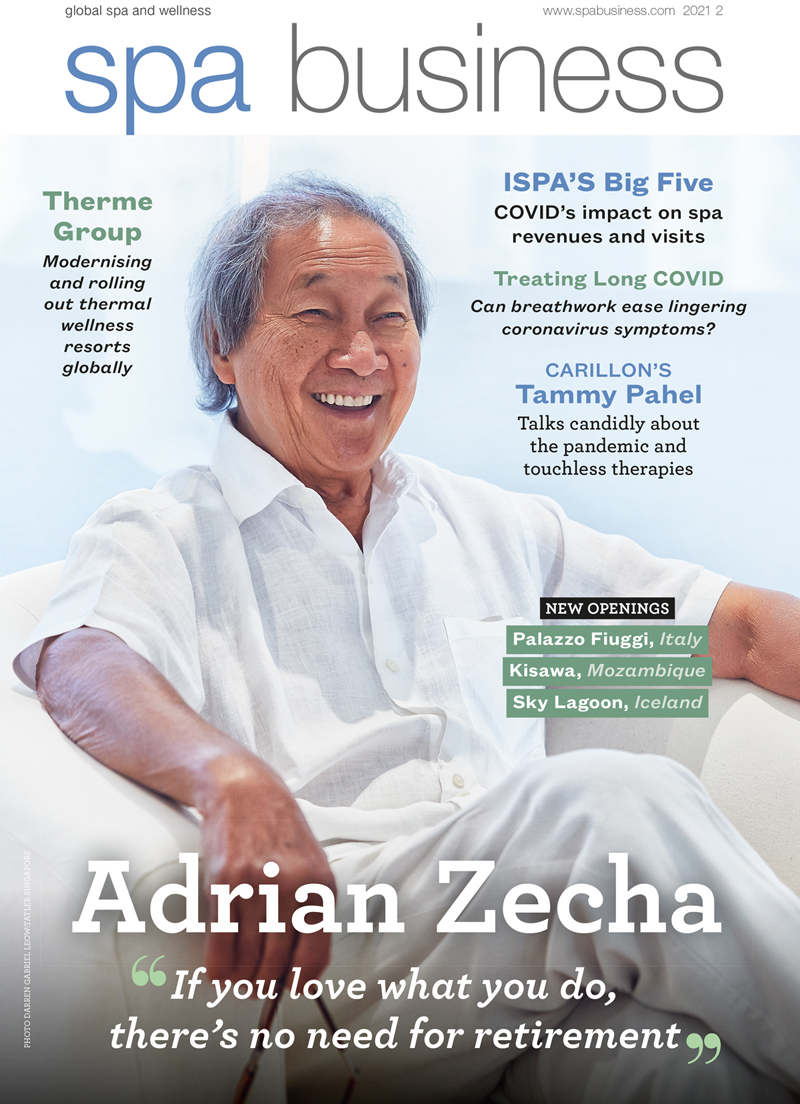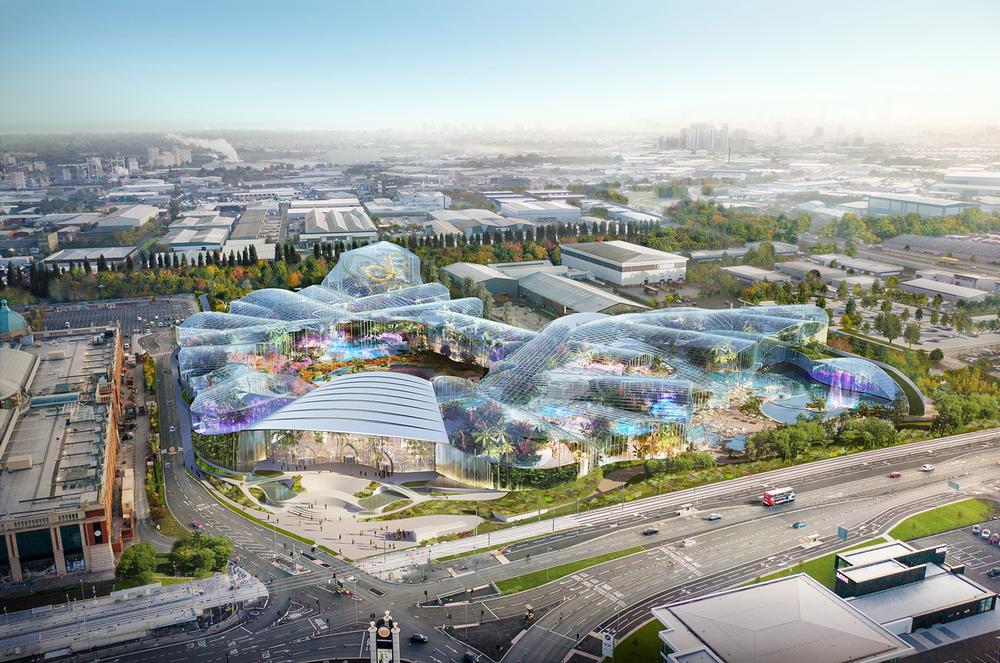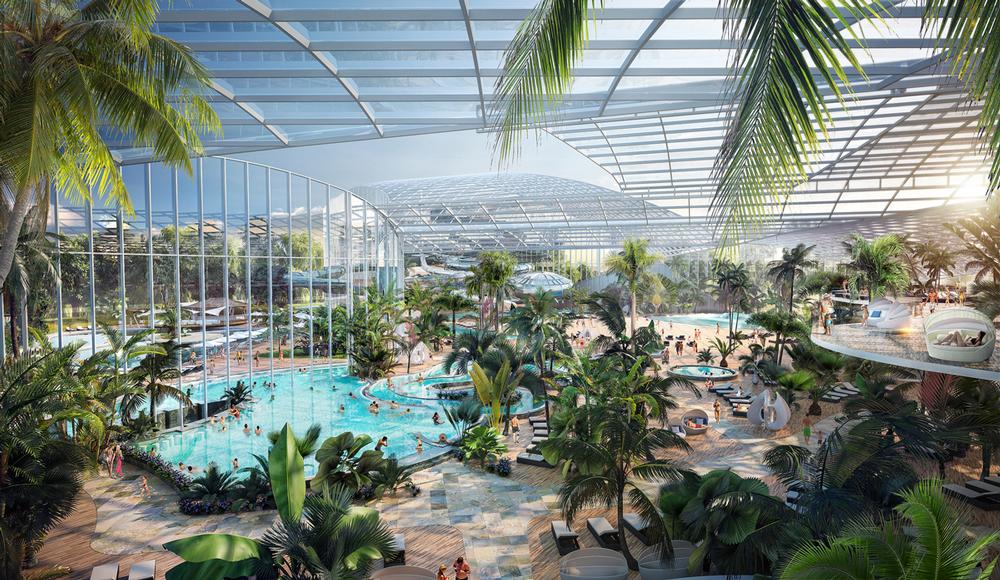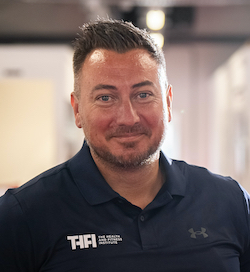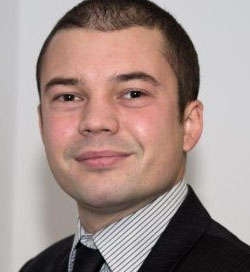Therme Group is a rapidly expanding urban resort developer creating vast wellness destinations around the world, offering everything from health and fitness activities to affordable wellness therapies, with a range of facilities such as multi-sensory saunas, therapeutic mineral pools, wave pools and waterslides.
“Our City-based wellbeing resorts have been designed to offer an urban oasis for mind, body and spirit, while redefining the concept of wellbeing, with activities for children, adults and seniors – offering them both fun leisure time and relaxation,” says Stelian Iacob, COO and senior vice-president.
“Wellbeing has become a luxury for the privileged few,” he says. “But looking back to Roman and Elizabethan times, thermal spas weren’t just about relaxing and unwinding. They were for people of all backgrounds to meet, socialise and immerse themselves in culture in a way that benefitted all the dimensions of wellbeing: mental, physical, social and spiritual. And this is our goal.”
There are four existing developments for day guests run by Therme Group and Thermengruppe Josef Wund – three in Germany and one in Romania – which welcome 3.4 million visitors a year. Most recently, Therme Group secured planning permission for its biggest venue to date – a £250m (US$353.3m, €290.4m) development in Manchester, UK. But plans don’t stop there. The group is also looking at three other sites in the UK, one in Scotland, one in Wales and another near London.
On a world scale it’s working on further projects in Asia Pacific, North America and mainland Europe where one has just been confirmed in Frankfurt. Iacob insists none of these have been affected by COVID-19. If anything, they’ve been bolstered by it.
“The pandemic has shone a light on the global wellbeing crisis,” he says. “We’re seeing a much greater focus, by countries, organisations and the population at large, on the need to integrate healthy living into daily life and reconnect with nature and each other.”
Technically speaking
Therme Group is headquartered in Vienna, with offices in North America, Europe and Asia. It’s a part of A-Heat, a global firm specialising in heat exchange engineering.
It’s this background that led the company to plan and develop large-scale resorts based on thermal water.
To give an idea of size, Therme Bucharest in Romania, which opened in 2016, covers 30,000sq m and can fit up to 4,000 guests at a time. Iacob describes it as “the world’s first fully sustainable thermal health resort with LEED Platinum certification”.
He explains: “We use state-of-the-art sustainable systems based on natural processes to purify the environment, so guests are always breathing the freshest air and swimming in the cleanest water”.
Filtration systems monitor and adapt levels of airflow, heat, humidity and light, for example. Meanwhile, he says water recirculation systems create – in a matter of hours – geological processes which would normally take hundreds of years to produce water as ‘clean as the purest spring water’.
The water at all of Therme’s resorts is heated in a sustainable manner, whether from a natural source, such as a 3km deep geothermal well in Bucharest or via processes such as heat recovery, heat exchange, trigeneration and solar panels.
How it all started
The first resort opened in Germany in 2010 in collaboration with Wund Holding, a global developer and operator of leisure and bathing facilities.
Just before the pandemic, Therme and Wund announced a strategic partnership that sees them joining forces to drive international expansion. The move includes the consolidation of their architectural and planning services to create a new division called Therme Arc. However, specific owner/management structures have not been disclosed and Iacob says these will “vary by global region, country and project”.
Wellbeing for all
“We’re returning to the essence of global health and bathing traditions, but have reimagined them for the modern, urbanised world, driven by our belief in all aspects of ‘wellbeing for all’,” says Iacob of Therme Group’s concept. The facilities do this by offering a broad range of wellness and water-based activities all under one roof, in accessible locations and at affordable prices.
The thermal complexes are split into distinct zones. In Bucharest, for example, these include Galaxy, with its 16 waterslides and wave pools and The Palm which focuses on relaxation with a huge tropical lagoon, aromatherapy pools, outdoor pool for bathing and activities such as daily, water-based fitness classes and an external beach for summer use. Elysium, for people aged 16 and over, is a wellness area that can host up to 800 people at a time. It features a panoramic pool enriched with zinc and selenium, six themed saunas, an infrared lounger area and three treatment cabins.
“The dedicated adult areas offer an essential opportunity to ‘unplug’ from the stresses and strains of daily life, including the always-on digital world,” says Iacob. “They enable people to focus on personal wellbeing while socialising with others and are perfect for couples, singles, groups of friends and seniors.”
He feels the nature-based surroundings are a particular highlight – Bucharest has up to 800,000 plants, including 1,500 palm trees and countless species of orchids – which create areas for yoga, pilates and meditation.
Located 10 minutes outside of the capital, Therme Bucharest attracted 4 million people in its first four years and while locals are its biggest market, Iacob says it’s becoming known as a worldwide health and wellbeing destination that draws visitors from the UK, Germany, Italy, Bulgaria, Israel and the US.
How much does it cost to visit?
Therme venues are day attractions but partner with hotels for overnight deals. Guests buy time slots per zone – 3 hours, 4.5 hours or all day. Costs vary by time of day, whether it’s a weekday or weekend and age. There are family packages and concessions for people with disabilities.
In Elysium – the most expensive – prices start at £14 in the week for an adult for 3 hours, or £15 at weekends and go up to £17 and £19, respectively, for a whole day.
In Germany the model is different. Costs change per time slot, day of the week and user, but also according to both the location of your lounger – you can view a plan of the complex online and see what’s available and the type, such as a luxury lounger in a private room with F&B services.
Most visited all-season resort
Therme Group revealed plans for its site in Manchester in early 2020 and work is already underway on the development, which is located in TraffordCity, with opening on track for 2023.
Once complete, the development will cover 28 acres – the equivalent of 19 football pitches.
“This a major project for the health, leisure and wellbeing sector in the UK,” says Iacob, calling it “a completely new concept for the country”. The building will cover 100,000sq m – three times the size of Therme Bucharest – and will have capacity for 7,500 guests.
“The location has excellent transport links, serving a local population of over 6 million people,” he explains, “which will enable us to bring an everyday holiday to people throughout the north-west of England.
“Within the first few years, we anticipate welcoming up to 2 million visitors annually, making it the most visited all-season water-based wellness attraction in the world.”
The Manchester complex will be based on the zoned approach of other Therme sites, but in comparison, more space – at least half the facility – will be dedicated to adults and focus on fitness and wellness, relaxation, spa and treatments.
The show-stopper looks set to be Genesis, a new zone which Iacob bills as a “completely new concept in the world of wellbeing”. While he’s reluctant to give precise details, he reveals that “advanced body scanners and expert therapists will be used to personally design programmes for guests”.
With worldwide expansion on the cards, he also hints at further evolution focusing on areas such as nutrition and biomarker testing, live monitoring of physiological indicators, on-site urban farming, advanced wellness concepts and even brain-computer interface therapies.
Sustainability focus
Nature, art and culture is also key to Therme’s approach to wellbeing. Green building is a priority for the group and – like Therme Bucharest – Manchester will be built to LEED Platinum standards. Therme Arc has also created its own BioTrue approach to development, based on biomimicry and biophilic design principles.
A central focus of the Manchester project will be a two-acre wellbeing garden in the shape of a rose – as the national flower of England. “We’ve even developed technology delivering wellbeing for trees,” says Iacob. “Our bespoke systems monitor thousands of trees to deliver the necessary water, cooled air and nutrients to optimise plant health.”
Therme Group is also aligning itself with WELL certification, where buildings are designed according to their impact on people’s health and wellbeing. On top of this, it’s working on a five-year research fellowship with the University of Glasgow to investigate how architecture and the environment can foster a sense of wellness.
COVID-safe measures
“It’s only natural to expect guests to have a greater focus on hygiene and safety and the important takeaway is that our facilities provide the safest spaces against COVID-19 and virus transmission,” Iacob says, adding that the group already uses HEPA (medical grade) air filtration and double UVC treatment on recovered air. Ozone is used in the water to neutralise 99.99 per cent of bacteria and viruses “three times faster than chlorine-based systems”.
Most new safety measures have been digital – using the existing customer wristband system to ensure zones don’t go over capacity and introducing advanced online booking. Iacob says: “We’ve had our highest satisfaction levels ever in the past year with a minimal drop in revenue, by optimising venue usage.”
He remains confident about existing sites and the global rollout. “We take the long view in our approach to projects around the world,” he explains. “As a business model, a Therme project is highly resilient, with stable and strong returns and double-digit EBITDA margins in every location.”
Given the company’s multi-faceted wellness proposition, Iacob expects it to do well, as consumers begin to focus more on their health, saying: “We have an extremely positive view of the future. Both for the health and wellness industry and the advance of human and planetary wellbeing.”
Find out more: www.thermegroup.com
© Spa Business magazine 2021








